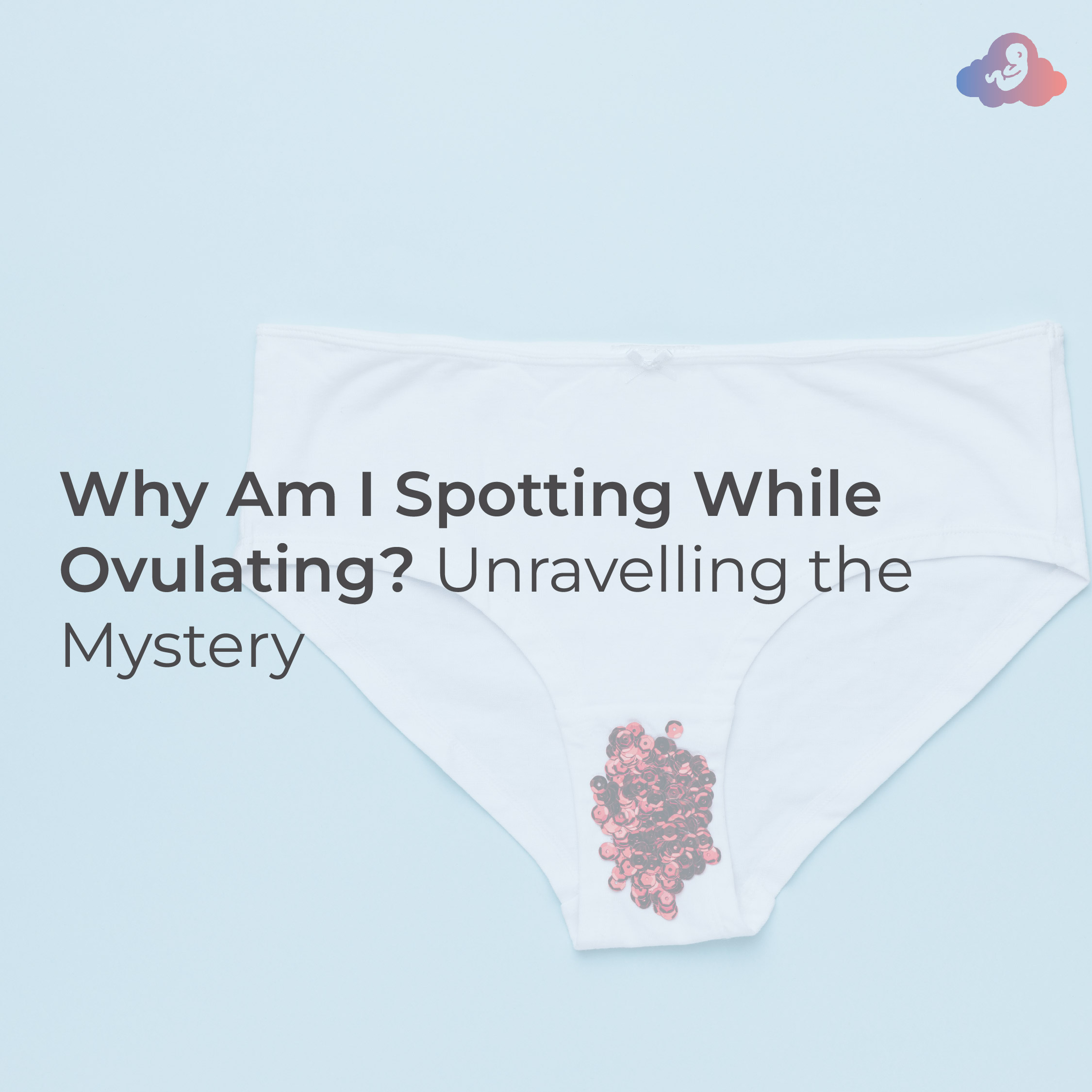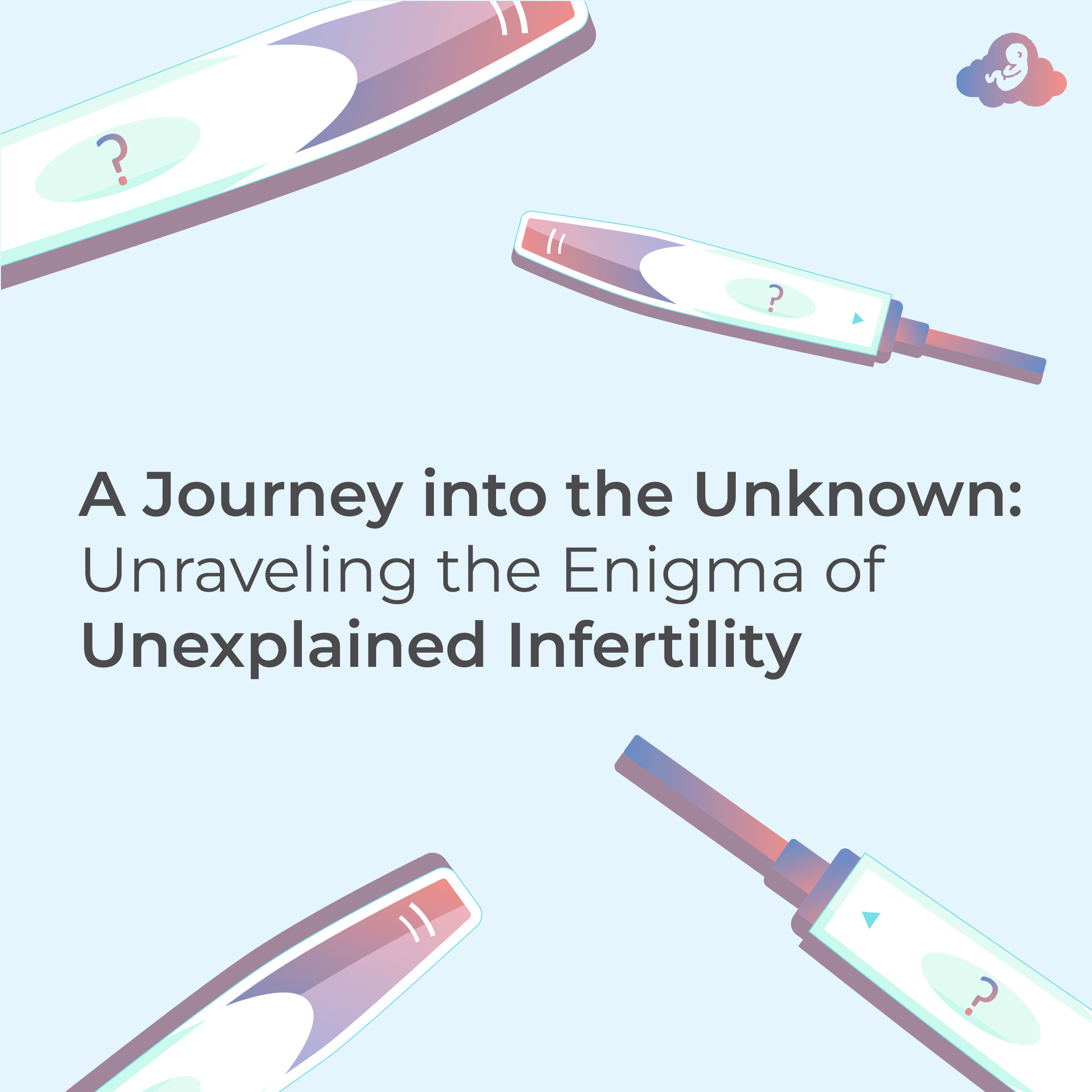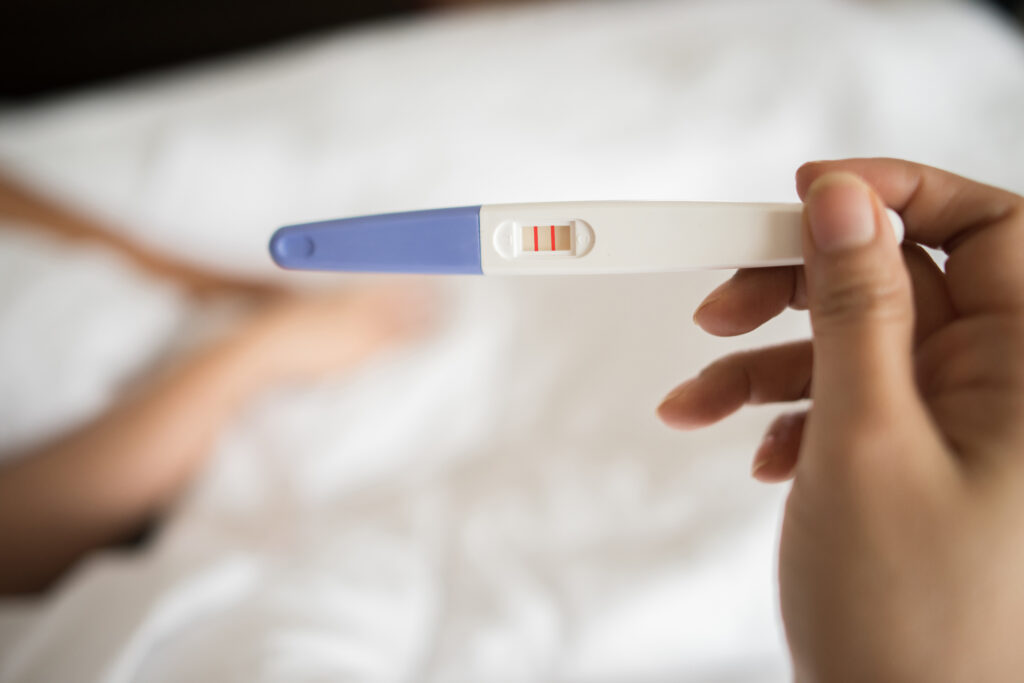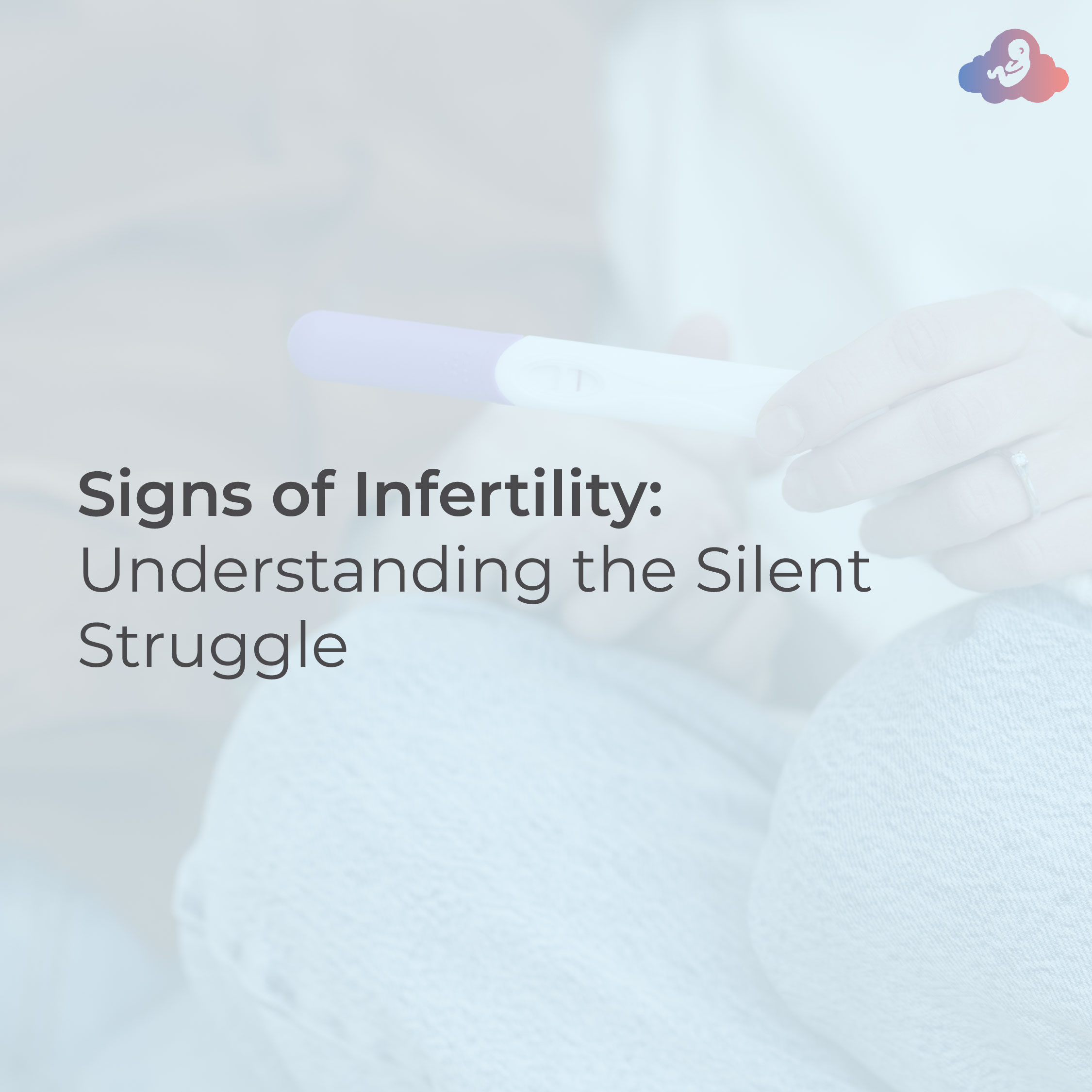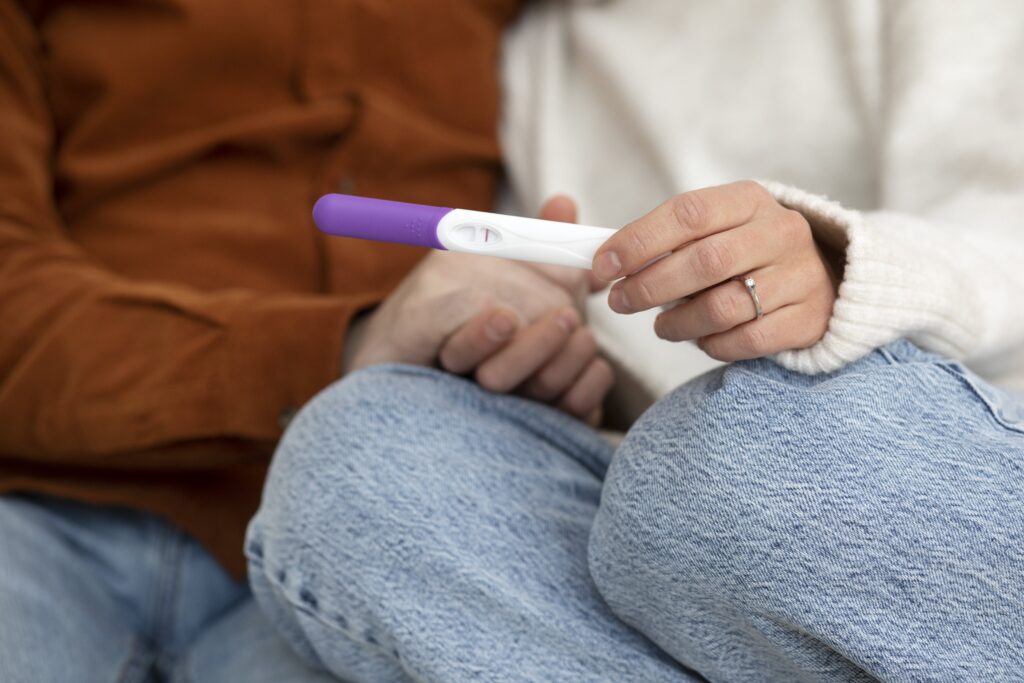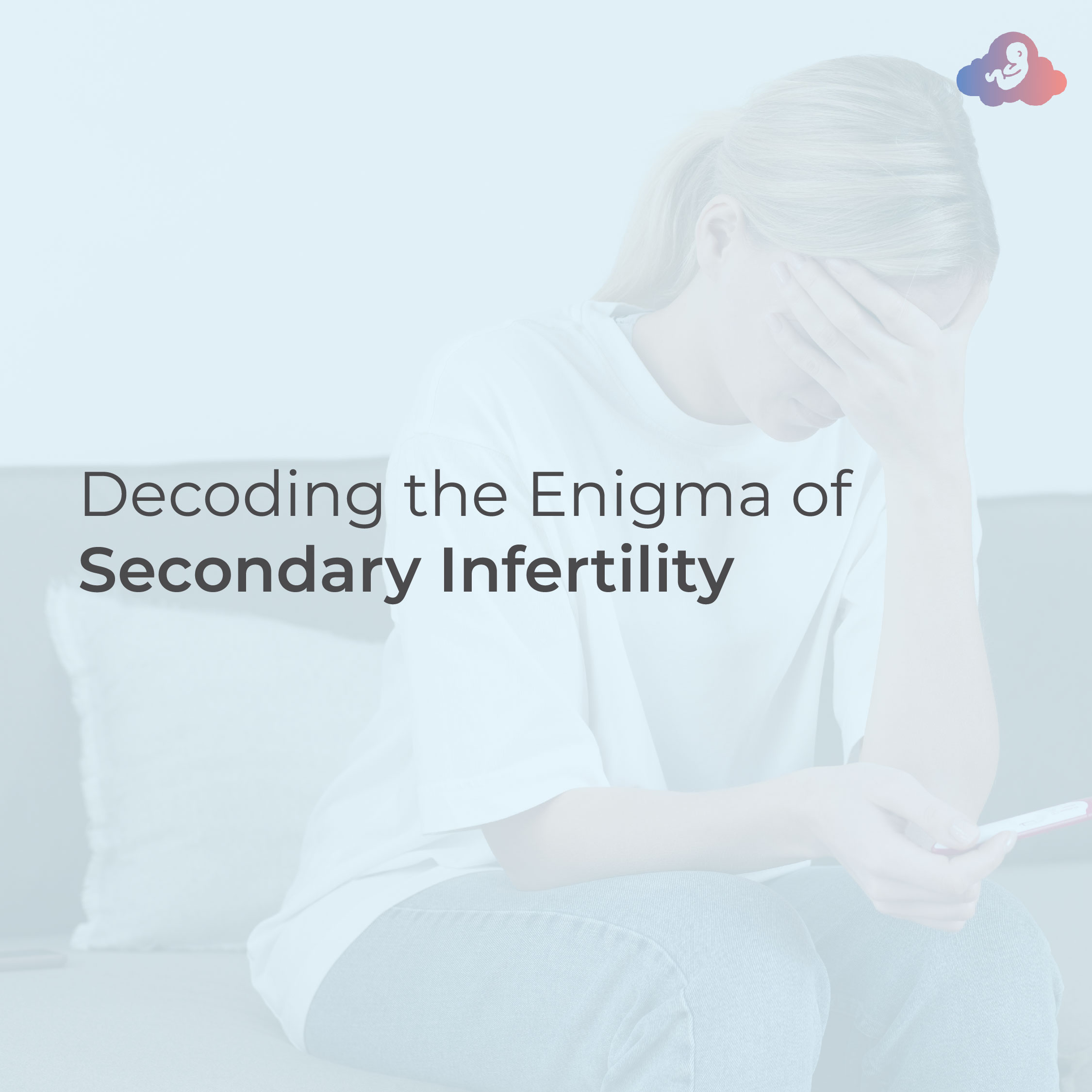So What Exactly is Spotting During Ovulation?
“Spotting while ovulating” can feel like a mystery wrapped in a conundrum. But here’s the straight scoop: spotting is simply light bleeding that occurs around the time of ovulation. It’s a fairly common experience and nothing to lose sleep over. However, it’s essential to understand why exactly it happens and when it might be cause for concern.

Understanding Ovulation: A Brief Overview
So, before we start unravelling and dive headfirst into the specifics, let’s take a moment to understand ovulation. In essence, it’s the part of the menstrual cycle where a mature egg is released from the ovary. Bleeding between periods typically occurs midway through the cycle, around day 14 in a 28-day cycle. Though most women don’t experience any symptoms of ovulation, some may encounter light vaginal bleeding.
Ovulation and Hormonal Changes
Hormonal changes during ovulation can sometimes cause a bit of bleeding. When ovulation happens, there’s a surge of luteinizing hormone (LH). This hormonal spike can cause the dominant follicle (the one that will release an egg) to rupture, leading to a small amount of bleeding.
Spotting Vs. Menstrual Bleeding: How to Differentiate?
Here’s the skinny: spotting is usually much lighter than your regular period. It might just be a few spots of blood on your underwear or the toilet paper. The color can range from light pink to dark brown. If you’re seeing heavy bleeding mid-cycle, you may want to chat with a healthcare provider.
Other Possible Causes
Besides hormonal changes, there are a few other culprits that might be causing the bleeding. Understanding these factors can help you differentiate between normal bleeding and signs of potential health issues.
Polycystic Ovary Syndrome (PCOS)
PCOS is a common health problem caused by an imbalance of reproductive hormone levels, particularly estrogen levels and progesterone levels, which can lead to irregular periods and light bleeding while ovulating. It’s like the body’s internal orchestra playing out of tune. If you’re experiencing other symptoms, such as weight gain, excessive hair growth, or acne, along with light bleeding, you might want to consult with a doctor.
Endometriosis
Endometriosis is another possible cause of light bleeding while ovulating. It’s a health condition where tissue similar to the lining of the uterus grows outside the uterus. This can cause pain and irregular periods. If you suspect endometriosis is behind your light bleeding, don’t hesitate to seek medical advice.
Birth Control
If you’re using hormonal birth control, such as the pill or an intrauterine device (IUD), you might experience mid cycle bleeding. It’s one of the common side effects and usually settles down after a few months. But, if it persists or becomes heavy, it’s worth discussing with your healthcare provider.
Is it Normal or Should I Be Concerned?
Despite the initial shock when you’re not expecting it, ovulation bleeding is generally normal. It’s one of those quirky things the human body does. However, if you’re noticing a pattern of heavy bleeding, or if it’s accompanied by other symptoms, it’s a sign to contact your healthcare provider.
When Light Bleeding Becomes a Concern
Bleeding may be a red flag if it’s consistently heavy, lasts well after the day of your last period, or is associated with other symptoms like abdominal pain, high basal body temperature, or unusual discharge of cervical mucus. In such cases, don’t ignore your gut feeling; it’s a good idea to get checked out.
Spotting and Pregnancy
It’s also worth mentioning that light bleeding can sometimes be a sign of early pregnancy. This is known as “implantation bleeding,” occurring when the fertilized egg attaches to the lining of the uterus. So if there’s a chance you could be pregnant, and you’re seeing some light bleeding, you might want to take a pregnancy test.
A Potential Sign of Fertility
Now, here’s an interesting tidbit: some fertility experts view light bleeding as a positive sign. They believe it could indicate a strong ovulation, which can be a plus if you’re trying to conceive. However, keep in mind that absence of light bleeding doesn’t necessarily imply any fertility problems.
Managing Spotting
Spotting typically doesn’t require any specific treatment. However, if it’s bothering you or you’re finding it difficult to track your cycle, there are a few steps you can take to manage it.
Tracking Your Menstrual Cycle
Keeping a record of your menstrual cycle, including any instances of light bleeding, can help you understand your body better. You can use a simple diary or one of the many menstrual tracking apps available.
Consulting a Healthcare Provider
If your bleeding is heavy, frequent, or accompanied by other symptoms, it’s important to consult a healthcare provider. They can help determine the cause and suggest appropriate treatment options.
FAQs
Q: Can it occur during every ovulation cycle?
A: Not necessarily. Spotting during ovulation isn’t a guaranteed monthly occurrence. Some women may experience it regularly, while others may not.
Q: Can I get pregnant if I’m spotting?
A: Yes, you can. It doesn’t generally interfere with your ability to conceive.
Q: Is it a sign of a problem with my fertility?
A: No, not usually. While consistent heavy bleeding could signal a health issue, occasional light bleeding is generally normal.
Q: What’s the difference between spotting and a light period?
A: Spotting is typically lighter than a period and doesn’t last as long, where some only lasts for a day. The color can also be different, with spotting often appearing pink or brown.
Q: Should I use a pad or tampon?
A: It depends on the amount of bleeding. A liner may be enough for light bleeding. But if it’s heavier, you might prefer a pad or tampon.
Q: Can stress cause it?
A: Stress can impact your menstrual cycle in various ways and might cause irregular light bleeding. However, consistent bleeding should always be checked by a healthcare provider.
Conclusion
So, to wrap it all up, spotting is generally a normal occurrence. It’s one of the quirks of the menstrual cycle. However, if you notice anything unusual or concerning about your bleeding, don’t hesitate to seek medical advice. Remember, when it comes to your health, it’s better to be safe than sorry.
To speak with our fertility specialist from the convenience of your home
